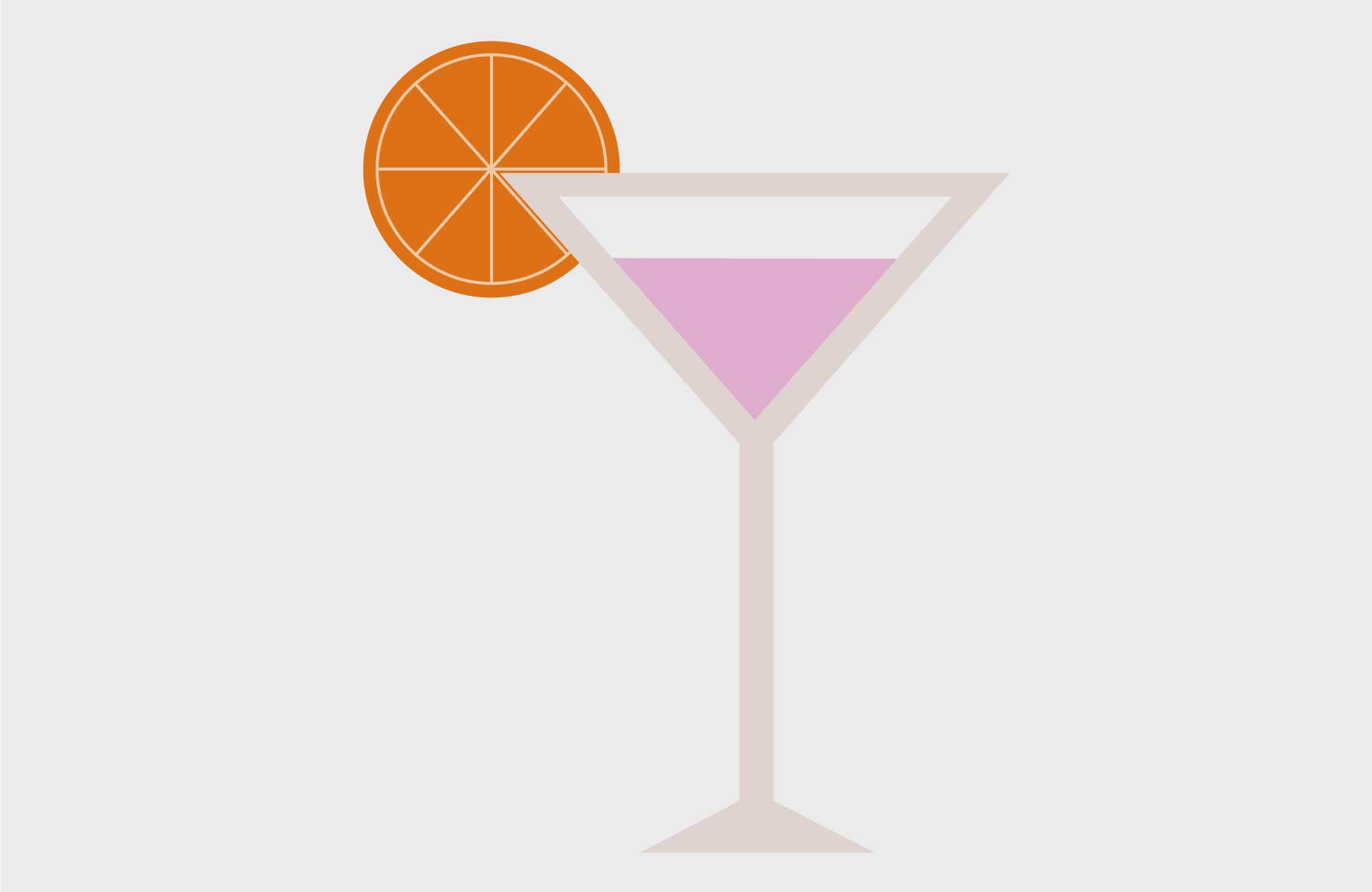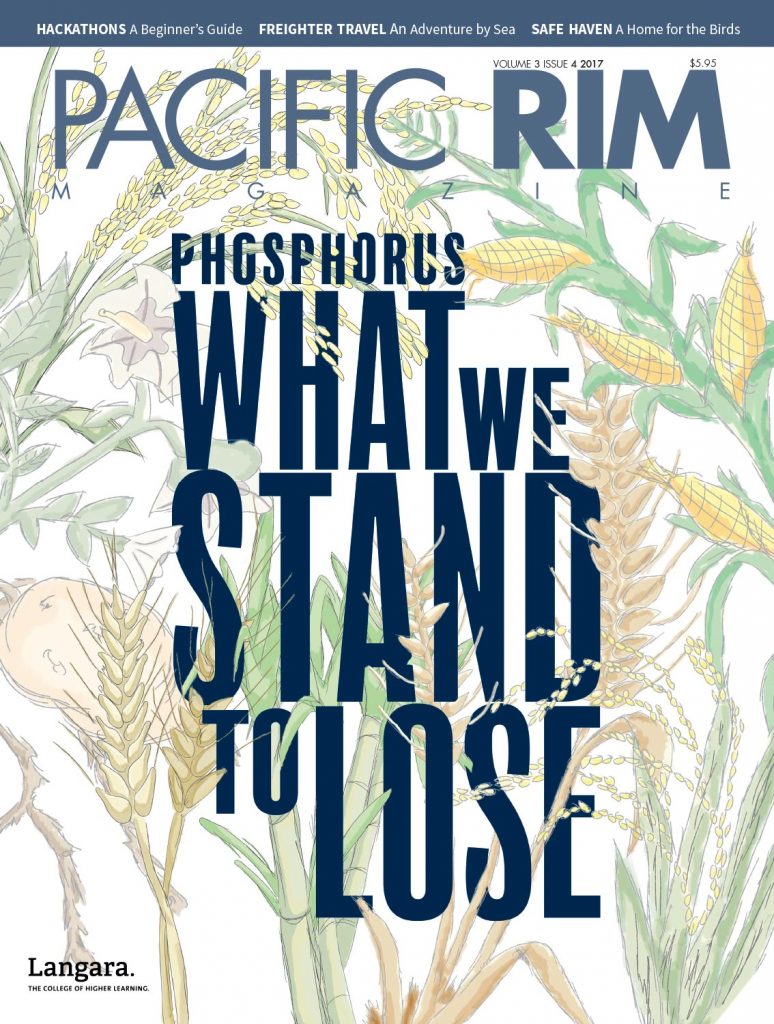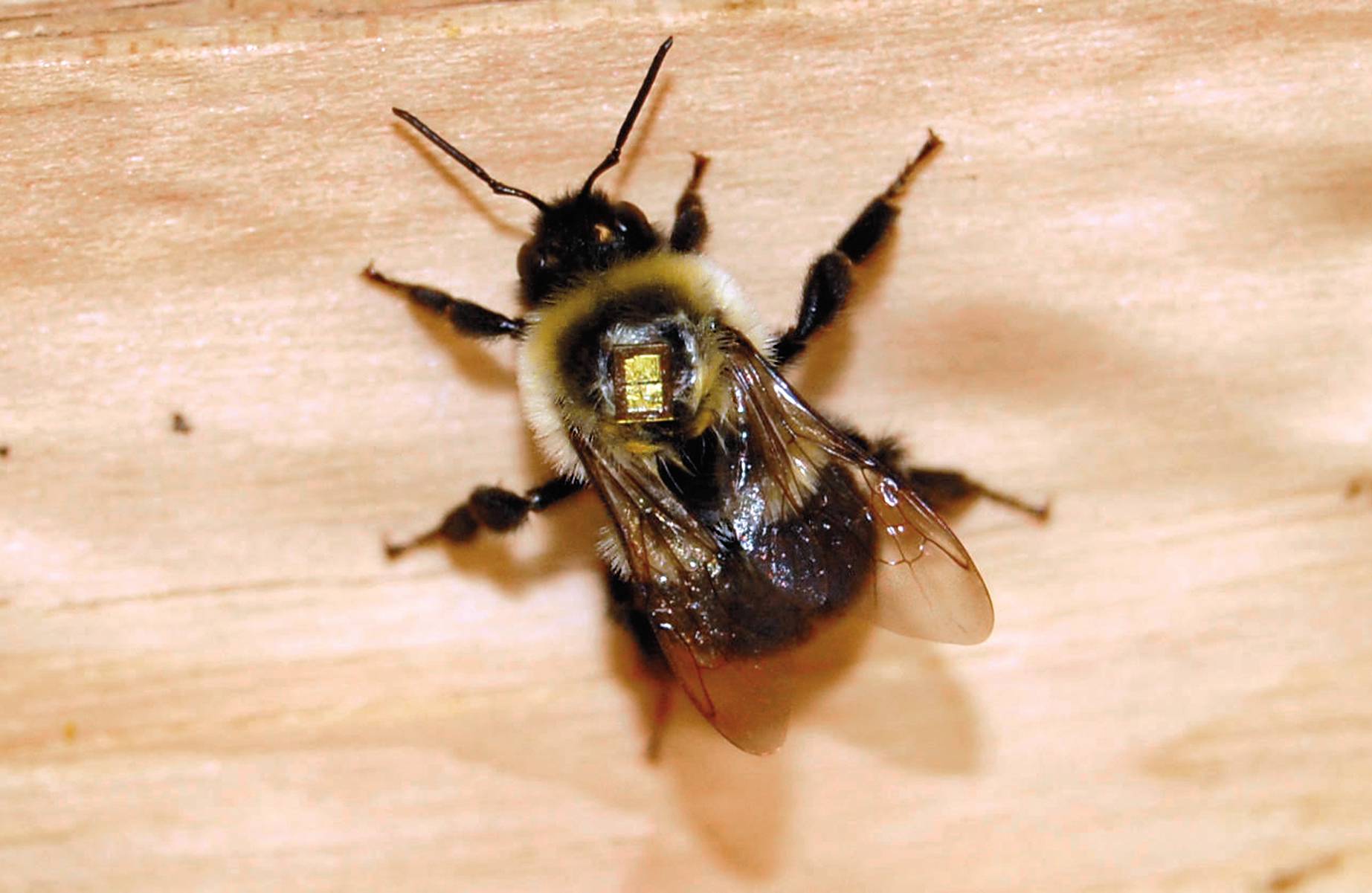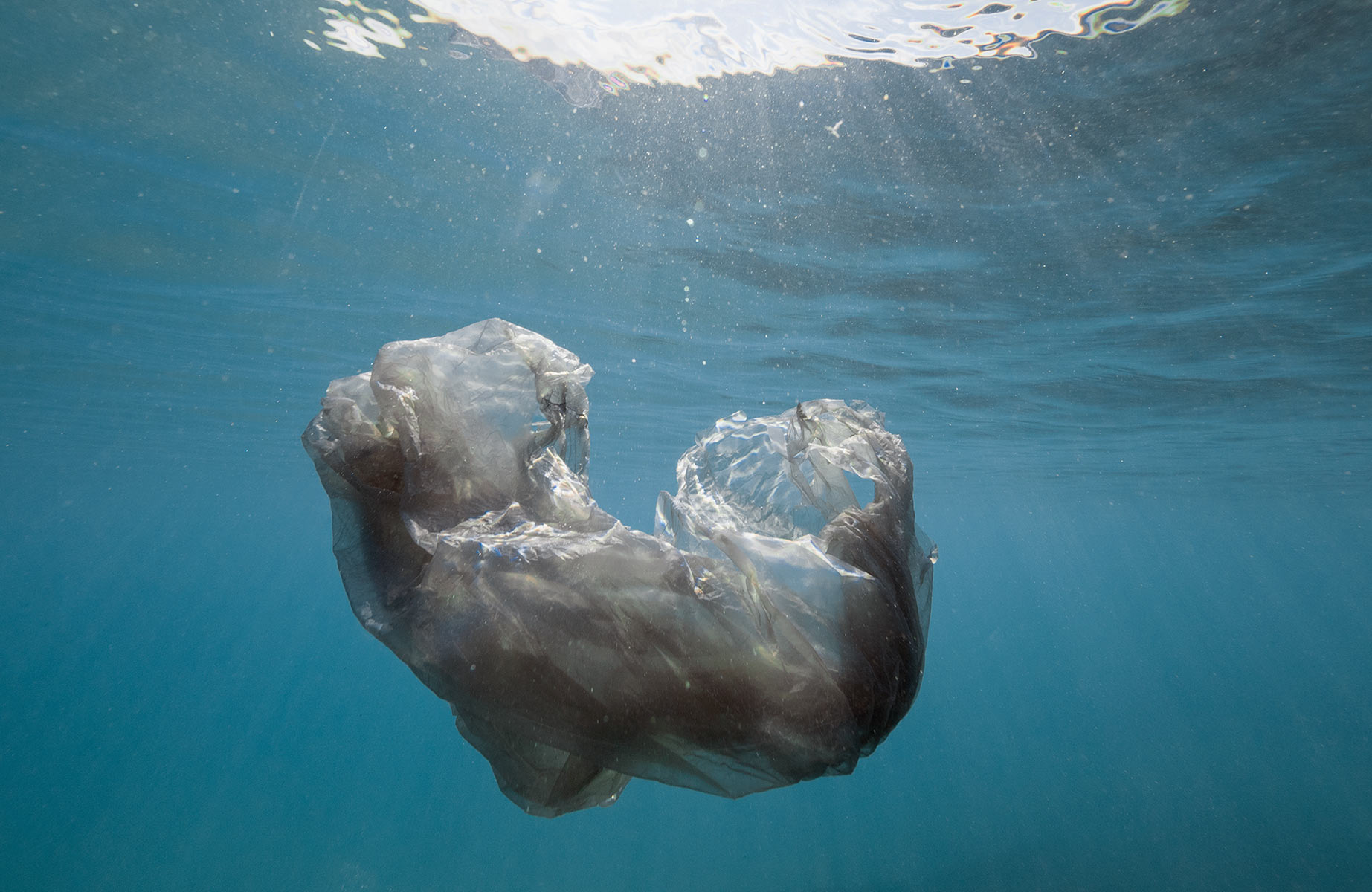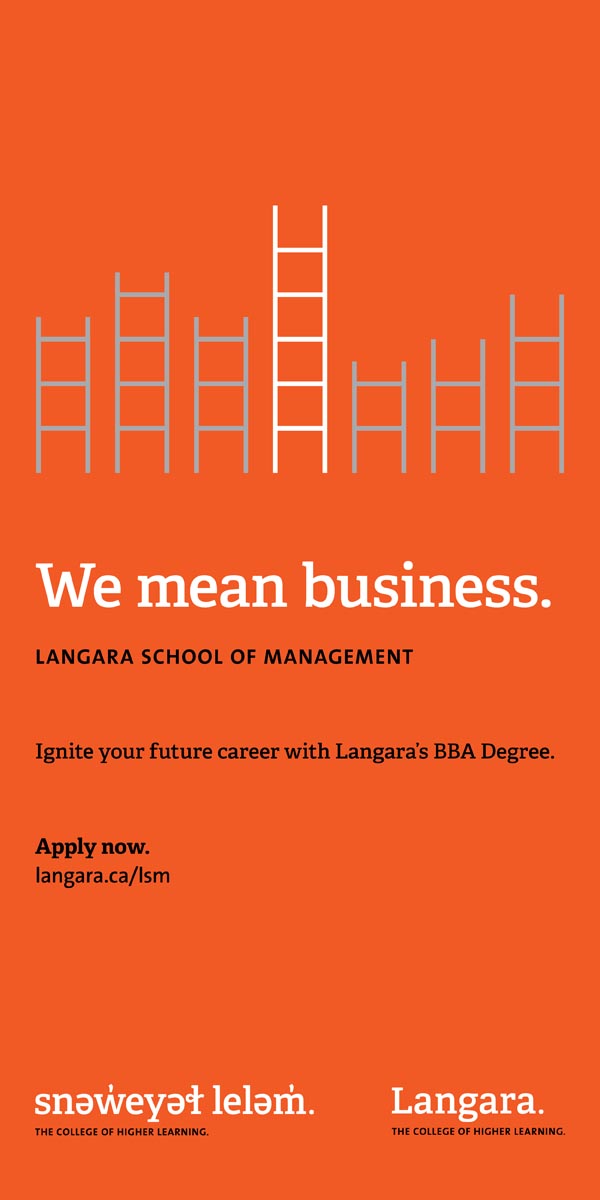Bars have rituals. A server places a cocktail, garnished with fruit and a plastic straw, on a napkin. The customer takes a sip from the straw, or drops the straw on the table and drinks from the glass. Either way, the straw will eventually find its way into the garbage and join the thousands of other straws that ended up in the dumpster that week. Ritual is not the right word to describe our society’s straw use. Ritual suggests care and reverence, but straws are not given much thought. They are a habit, and a wasteful one.
Local bar manager Chris Schonfeldt estimates a typical Vancouver, BC, bar—a bar with no policy regarding straws—goes through approximately 10,000 plastic straws per month. Multiply this number by the hundreds of bars and restaurants in the area and the figure is in the millions.
According to the Worldwatch Institute, straws are made of polypropylene, a petroleum-based plastic. They are not recyclable. “This item can be disposed of in your garbage bin,” says Vancouver’s Waste Wizard, a handy tool on the city’s website that helps eco-conscious citizens sort their recycling. While Statistics Canada has information about plastic waste in general, according to an email from InfoStats, “Statistics Canada does not collect or disseminate information on straws.”
Imelda Anggraini, a Vancouver bartender, says the same straw habit exists in countries across the Pacific Rim. Originally from Indonesia, she has spent the last 15 years working in hotel bars and restaurants in Indonesia, Singapore, Australia, and Canada. All the establishments she has worked in put plastic straws in drinks. “The only drinks we didn’t put a straw in were water, beer, and wine,” she says. “Other than that, we automatically put straws in, even if the customer didn’t ask for it.”
Despite the general apathy towards straw waste, there are some grassroots organizations trying to spread awareness. The Association of Whistler Area Residents for the Environment (AWARE) started Straw Wars, a program that “aims to change the relationship we have with straws from the bar stool to the bartender and to showcase the benefit of keeping them out of every establishment.” The Last Plastic Straw is an American organization based in California with the same goal. They have 35 participating businesses that go straw free, have biodegradable options, or simply write “straws available upon request” on their menus. Anggraini agrees change has to start at the bar. “It’s up to the individual,” she says, but the big problem is lack of public awareness. Going strawless may seem like a small decision, but small decisions, like small pieces of plastic, do add up.





